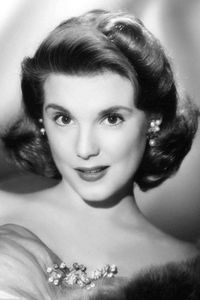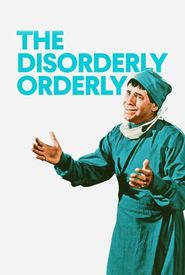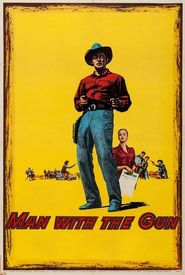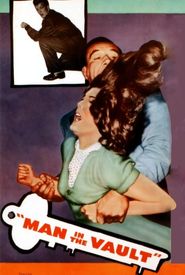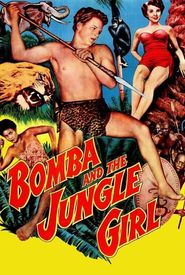Karen Sharpe was born in Texas and began her career in the entertainment industry as a young girl, training in ballet and ice skating. However, it was her training in theater that ultimately led to her breakthrough in film, with a small but memorable role in Stanley Kramer's production of "The Sniper" in 1952.
Sharpe's early success led to a string of film and television appearances, including roles in "Holiday for Sinners," "Stagecoach West," and "The High and the Mighty." Her standout performance in the latter earned her the 1954 Golden Globe Award for "New Star of the Year."
Despite her early success, Sharpe faced concerns from the studios about her career trajectory. However, with the encouragement of John Wayne, who advised her to "do anything and everything you can to grow as an artist," she continued to take on challenging roles and appeared in numerous television shows, including "Hallmark Hall of Fame," "General Electric Theater," and "Perry Mason."
Sharpe's television career continued to flourish throughout the 1960s, with appearances in shows such as "The Man from U.N.C.L.E." and "The Wild Wild West." She also co-starred in Aaron Spelling's first television series, "Johnny Ringo."
In the 1970s, Sharpe took a hiatus from Hollywood to focus on her family and estate matters. She returned to acting in the 1980s, appearing in a few film and television roles, including a pilot for "I Dream of Jeannie" and a starring role in the Jerry Lewis comedy "The Disorderly Orderly."
Sharpe married director Stanley Kramer in 1966 and became a full-time wife, mother, and assistant to her husband. She established herself as a producer and went on to work on numerous projects, including a remake of her husband's classic western "High Noon" and a documentary about his career.
After Kramer's passing in 2001, Sharpe continued to work in the entertainment industry, establishing the Stanley Kramer Library and the Stanley Kramer Award at the Producer's Guild. She also established the Stanley Kramer Fellowship Award in Directing at UCLA in 2001, which honors socially conscious young filmmakers.
